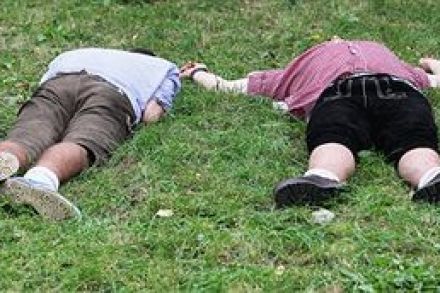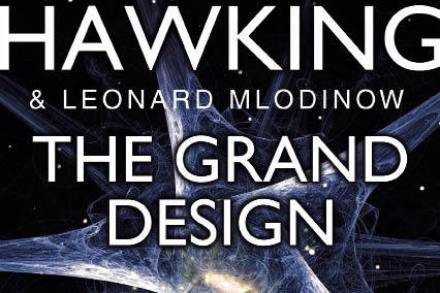The nature of evil
Simon Baron-Cohen has spent 30 years researching the way our brains work. His study of autism led to The Essential Difference, which asked, ‘Are you an empathiser or a systemiser?’ The book was highly influential; its ‘male-brain’ and ‘female-brain’ definitions have entered common parlance. In Zero Degrees of Empathy he aims to move examination of the nature of evil ‘out of the realm of religion and into the realm of science.’ Will this project also prove persuasive? ‘Extremes of evil are typically relegated to the unanalysable,’ he says, but they shouldn’t be. Evil, he believes, is best understood as absence of empathy. We are all situated at some point on












